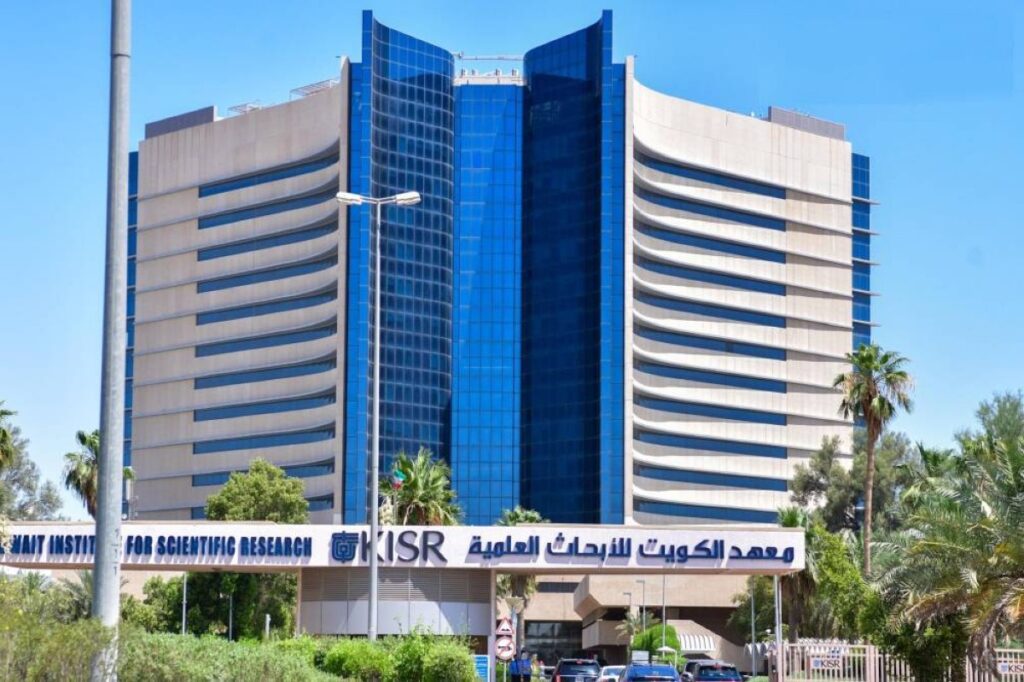KUWAIT: Acting Director General of Kuwait Institute for Scientific Research (KISR) Dr Faisal Al-Humaidan announced Tuesday the launch of the Integrated Kuwait Advanced Research for Ultra-Scale Computing System (ICARUS).
The system is the first fully integrated national platform in Kuwait for high-performance computing (HPC) and artificial intelligence (AI), aimed at supporting the scientific and research communities and strengthening Kuwait’s standing in advanced technologies.
In a press statement marking the occasion, Al-Humaidan said that ICARUS offers advanced processing and data capabilities, including a computing performance of 244 teraflops (244 trillion calculations per second), with storage capacities of up to 500 terabytes for temporary storage and five petabytes for permanent storage, enabling it to address research challenges in environment, energy, water, petroleum, biomedical engineering, and climate change.
He noted that the platform serves as a practical tool for researchers and engineers to tackle large and complex problems and develop solutions with higher efficiency, lower cost, and shorter time compared to traditional computing methods, thus contributing to sustainable development goals and Kuwait?s Vision 2035.
Al-Humaidan stressed that ICARUS is not merely a technical project but an investment in Kuwait?s scientific and technological future, opening new horizons for local and international cooperation and reinforcing the country?s role as a regional hub for research and innovation in line with leadership directives toward a knowledge-based economy.
For her part, the system’s technical lead engineer, Tahani Hussein, said in a similar statement that ICARUS was designed to balance high computing power with energy efficiency, featuring parallel and sequential workload management. She added that the platform combines big data technologies and artificial intelligence on a single infrastructure, enabling data analysis, running simulations, and handling various research workloads.
Among the key benefits of the platform, she said, are accelerating research in energy, environment, water, and medical technologies; supporting decision-making through advanced simulations and big data analysis; enhancing risk management; training national talent in HPC and AI; and helping place Kuwait among countries possessing advanced computing technologies. – KUNA

